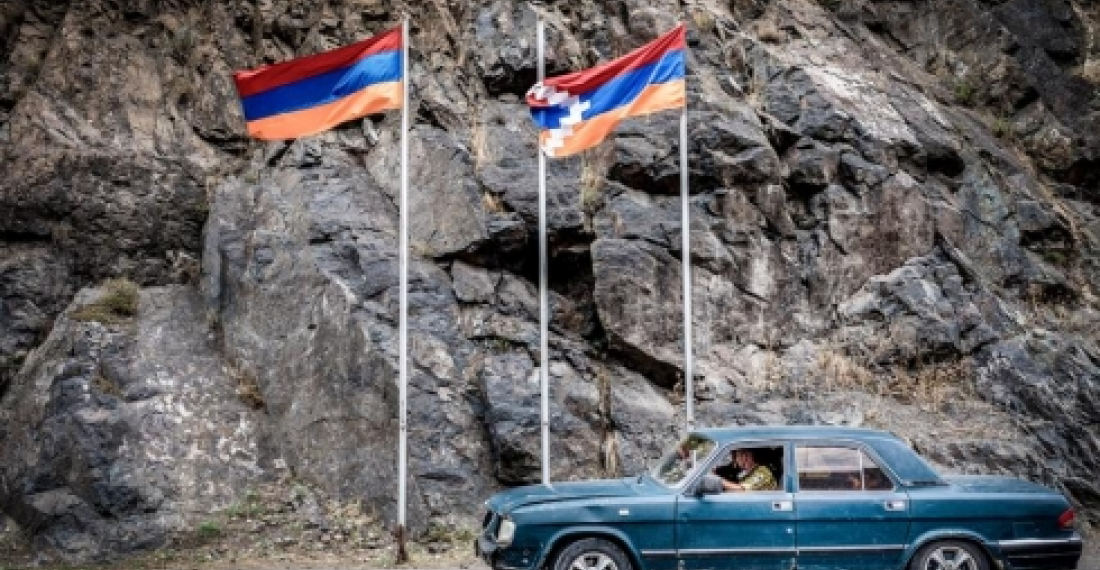A draft resolution on Nagorno-Karabakh, adopted by the Political Committee of the Parliamentary Assembly of the Council of Europe (PACE) on 5 November has triggered controversy within the region, and in the international community. The resolution, based on a report prepared by British Conservative MP, Robert Walter, will in January be discussed in a full plenary of PACE in Strasbourg, but it has already created much debate.
As reported by commonspace.eu last week (read here) the resolution has departed from the usual language that has characterised international statements on Nagorno-Karabakh. As was expected the resolution was welcomed in Azerbaijan, where the government has been insisting for a long time for tougher language in the context of Armenian occupation of its territory, but has been derided in Armenia where the issue is seen to be one of self-determination and liberation. A spokesperson for the Armenian Foreign Ministry immediately dismissed the report, and said that PACE had no mandate to work on the Karabakh issue.
Armenia has for a long time insisted that the only format for negotiations on Nagorno-Karabakh is the OSCE Minsk Process. In recent years however this position has developed into a much more restrictive stance, whereby Armenia insists that no other international organisation has a right to speak about the Nagorno-Karabakh issue outside the parameters of the OSCE Minsk Group co-Chair statements.
The position was echoed in Karabakh itself. A spokesperson for the Foreign Ministry of the self- declared Nagorno-Karabakh Republic, Ani Sargsyan told "Artsakhpress" news agency, "We consider unacceptable the approach of the PACE Rapporteur, who took as a basis the position of only one party to the conflict in the preparation of the report and, instead of giving an unbiased and neutral assessment of the situation, set forth all the propaganda theses of the Azerbaijani side in the report".
Both Armenia and the de facto authorities in Stepanakert refused to engage with Robert Walter as he was preparing the report, again insisting that PACE had no mandate to interfere in the matter
Unexpectedly, the US Co-Chair of the OSCE Minsk Process, Ambassador James Warlick jumped into the fray on Friday, tweeting "PACE and other intl orgs should consult with the @OSCE Co-chairs before issuing reports or resolutions on Nagorno-#Karabakh". Not surprisingly within hours of his tweet Warlick was lambasted in a statement by the spokesperson of the Azerbaijani Foreign Ministry, Hikmat Hajiev. "What the OSCE Minsk Group co-chairs have done so far is close to zero so there is no need for other organizations that are trying to help settle the conflict to consult with the OSCE Minsk Group co-chairs," Hajiyev said. "Such ineffective activity of the OSCE Minsk Group is in the interests of Armenia, continuing the aggressive policy and striving to maintain the status quo," Hajiyev said. The Azerbaijani news agency APA reported that Hajiyev further said "that it is not excluded that Warlick is an integral element of the plan that is serving the continuation of the aggressive policy of Armenia".
Source: commonspace.eu with agencies
Image: The boundary line between Armenia and the self-declared Nagorno-Karabakh Republic (Picture courtesy of Roberto Travan, La Stampa, Italy).







